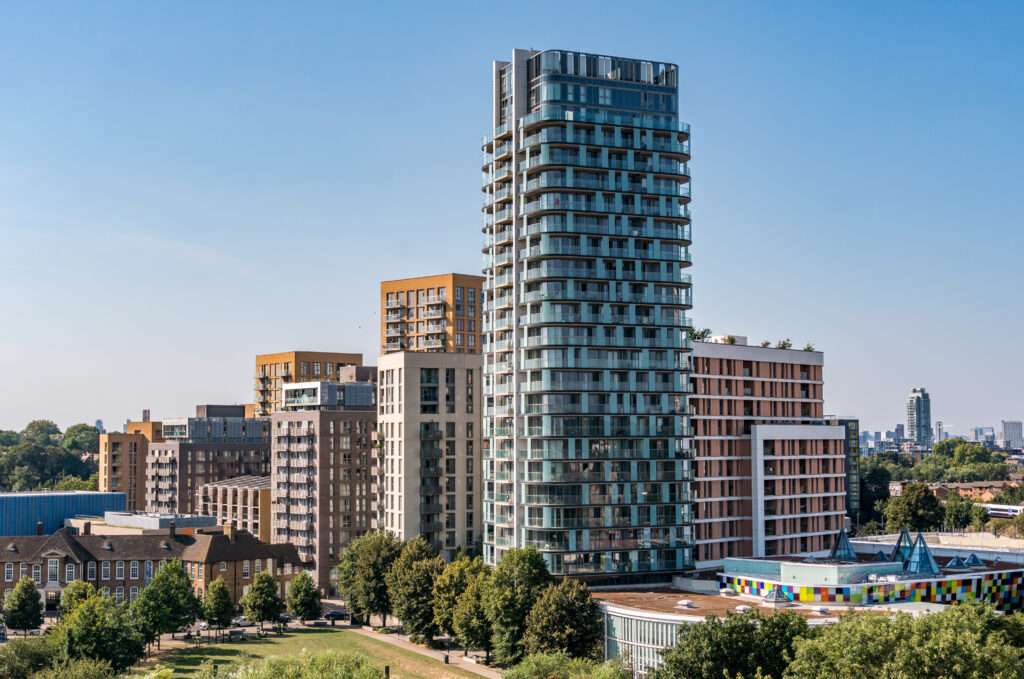Maintenance Hints and Tips
There are many around the house jobs which are the responsibility of the Tenant and not the Landlord, in the first instance. Here we guide you through some of the normal household duties which Tenants are responsible for to help you along*.
Gas Leak
If you have a gas leak or you can smell gas you must immediately evacuate the property and then contact National Grid Gas Emergency Service on 0800 111 999.
After that you must report this issue to your Landlord/Agent asap.
Condensation and Ventilation
Ensuring that condensation does not build up over time and cause damage to the property and fittings is something everyone needs to do. Ensure that you open windows where a build up of steam may occur allowing the steam to evaporate outside, where condensation forms you should also wipe this daily and avoid closing doors especially if you are drying clothes inside, again this can cause a build up of condensation. You should not turn off extractor fans/units where they are part of the room as they will indeed help maintain the air levels and reduce condensation problems. Should the cause of the condensation continue despite your efforts you should notify your Landlord/Agent.
Blocked sinks
Blocked sinks often happen due to a build up of waste or there being something in the pipes which should be there! You should take all steps to avoid putting items down the sink which should be instead put in a bin and where a blockage occurs in the first instance you should work to sort this yourself. Very hot water down the sink may shift a build up of grease/fat and where this does not work there are many “sink unblocker” solutions which can be purchased in the supermarket. Where the problems persists you should notify your Landlord/Agent.
Bleeding a radiator
If you are experiencing issues with your radiators heating up. If the top of your radiator is cold but the bottom is warm there may be too much air trapped in the system and you need to bleed your radiator. It is a relatively simple thing to do, but an important one to help maintain the efficiency of your boiler and central heating system. Bleeding the radiator releases the air and allows hot water to fill the whole system. Follow these steps to check and bleed your radiators:
Before bleeding your radiator:
- Turn off your heating and ensure all radiators have completely cooled down
- Although a screwdriver can be used for some modern radiators, most radiators require a radiator key to bleed. If you don’t have a radiator key, you can pick one up from most DIY stores.
- Ensure you have a cloth and a bucket below the radiator valve to catch any water.
- If more than one radiator is cold, there may be a problem with the whole system that needs to be checked by an engineer.
How to bleed:
- Holding the key with a cloth, slowly turn anti-clockwise to open your radiator’s valve (the smallest square nut at the top of the radiator). You should hear a hissing sound as the air escapes.
- Wait until the sound stops and water starts to leak out before turning the key clockwise to close the valve.
- Do not unscrew the valve completely
- Once all your radiators have been bled, check the pressure of your boiler gauge. If the pressure is too low, you’ll need to rebalance the pressure (check your boiler manual for guidance). If the pressure is normal, you can switch your heating on and check that there aren’t still any cold areas.
It is often recommended doing a full check of all the radiators in your home every couple of months.
If this has not helped with your issue please continue to report the repair request through to us. This will be treated as an urgent issue.
Light Bulbs
The replacement of light bulbs is often an occupier’s responsibility under a lease. Please check the terms of your agreement to identify who is responsible for replacing light bulbs in your property.
Watch this video for help on changing “spot lights”
Leak
If the leak cannot be contained and/or it is causing damage to the property (especially if it is penetrating into an electrical fitting) it is classified as an emergency and it must be reported to your Landlord/Agent as soon as possible.
If safe and convenient to do so, you should turn the water off immediately using the stopcock. The stopcock is usually turned clockwise to stop the flow of water.
The stopcock in a property can typically be located:
- Underneath the kitchen sink
- In an airing cupboard
- In the basement
- Under the floorboards by the front door
Please watch this short video; https://www.youtube.com/embed/dr5ZIHUQ57k
If the leak is coming from the above or adjacent property, you must try to contact those occupants immediately.
Pests
Tenants must take reasonable precautions to prevent infestation and to pay for the eradication of infestation caused by the negligence, action or lack of action of the Tenant. You should ensure that areas are kept clean and clear of waste both externally and internally. Should you have a pests problem such as mice you must ensure you take some steps to eradicate the problem.
With these five simple steps, you can rid of your pests problem;
1. Find their patterns – Mice are active mostly between dusk and dawn, but you can spot evidence of their activity anytime
2. Choose the best mouse traps – snap traps or electronic traps – The classic snap traps and modern electronic traps capture mice and make sure they’re gone for good. Snap traps are the least expensive, and they’re reusable or disposable, your choice. With an electronic mouse trap, you don’t have to see any mice or continuously check traps—an indicator light lets you know when one has been caught.
3. Pick the best bait – Mice are strongly attracted to high-calorie foods, such as peanut butter, hazelnut spread, and chocolate. In winter, mice build nests with materials like cotton balls, dental floss, yarn, and twine, so they work as bait too.
4. Place you traps in the best places – As the rodents primarily travel along walls, you want to set your mouse traps at right angles to walls, with the bait and trigger side closest to the wall. Set a trap every 2 to 3 feet along the walls where you’ve noticed evidence of mice activity.
5. Check and reset – Look in on your mouse traps the first morning after you set them, and every morning after
If a pest problem is persistent you should notify your Landlord/Agent who can assist.
Washing machine
If safe to do so, please perform the following checks on your washing machine.
Washing machine not draining properly?
- Please check to see if the washing machine filter is clear of anything causing a blockage. Refer to the appliance manual for how to clean the filter. The repair may be chargeable if items are left in your laundry like coins have blocked the filter or any other parts of the washing machine. If your washing machine still does not drain, please continue to report the problem through our system.
If this does not work please notify your Landlord/Agent.
https://www.youtube.com/watch?v=-v4QQcceoH0
Dryer
If safe and convenient to do so please perform the following checks:
- Please check your fuse box or consumer unit to see if circuit breakers require resetting.
- Please check the dryer is plugged in and powered.
- Make sure the filter is clean. Dryers collect fibres and it is important to ensure that all fluff and items from the filter are regularly cleared out. Please refer to your instruction manual on how to do this.
Boiler
If safe and convenient to do so please perform the following checks on your boiler before reporting an issue:
- Make sure that the electricity and boiler are turned on
- There is enough credit on the meter
- The thermostat is not turned down
- Re-set the boiler by pressing the reset button. Consult your boiler manual for specific guidance.
- Check the boiler pressure. Please refer to your boiler manual to find out what the correct pressure should be and how to re-pressurise your boiler.
Please watch this short video;
If the boiler cannot be turned on or if there is no hot water after the boiler has been turned on and enough time has passed to heat the water then please report this to your Landlord/Agent.
Shower heads and other water outlets
You should clean and disinfect all shower heads and water outlets regularly to ensure they are free from any build up which may cause the water to flow slower. Often a toothbrush helps clean the areas.
Smoke Alarm & Carbon monoxide alarms
Smoke alarms and carbon monoxide alarms can be mains powered or battery powered. If your alarm is battery powered and is not functioning correctly please check that whether the batteries require replacement before reporting your issue to the Landlord/Agent. The replacement of alarm batteries is often an occupier’s responsibility. Please check the terms of your agreement to identify who is responsible for replacing alarm batteries in your property.
Please watch this short video on how to test your smoke alarm;
Damaged gas meter
A damaged gas meter can be dangerous – please report it as soon as possible by calling the National Grid gas emergency line on 0800 111 999




